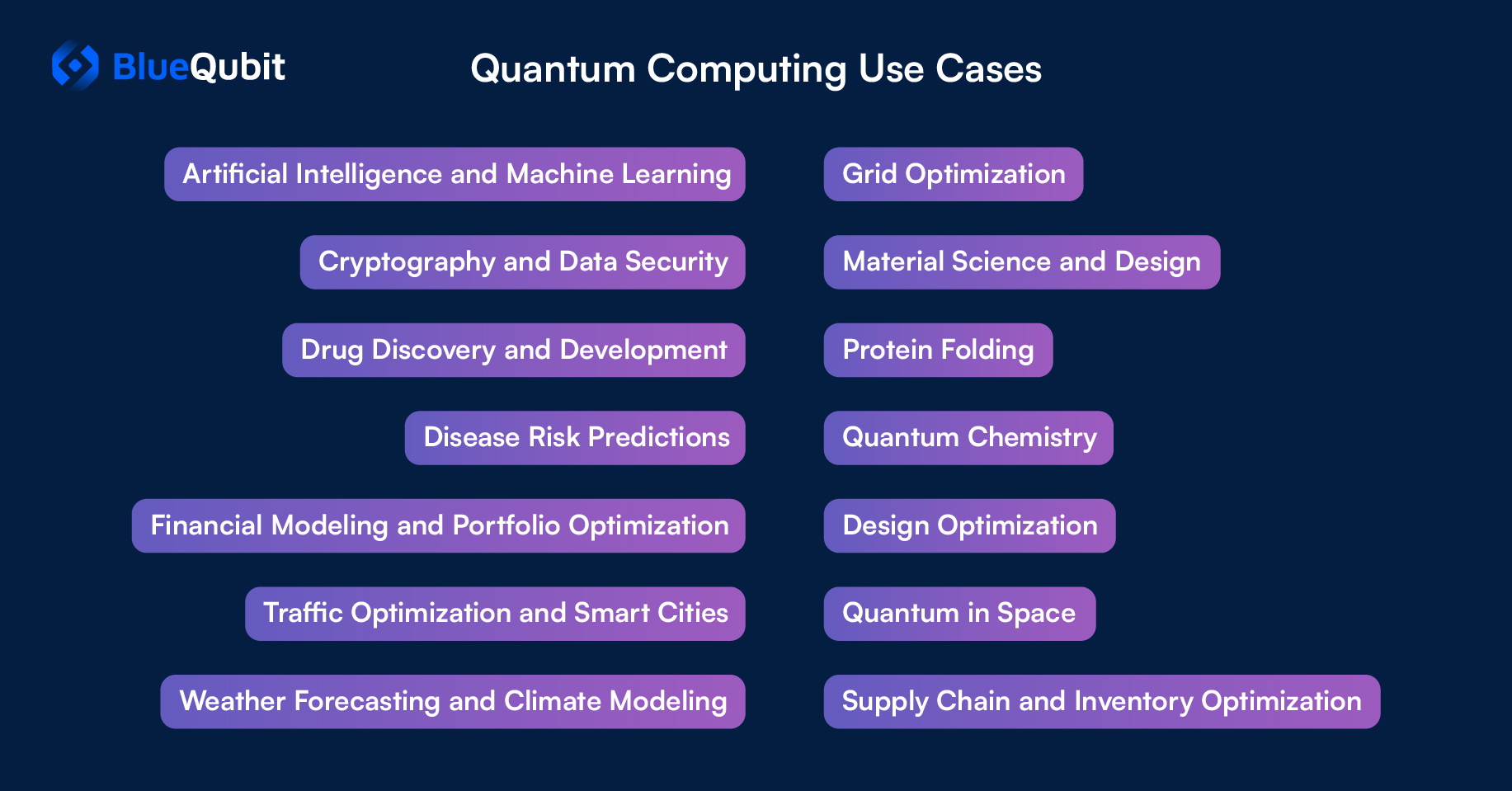Quantum computing represents a paradigm shift in computational capabilities, leveraging the principles of quantum mechanics to perform calculations at unprecedented speeds. Unlike classical computing, which relies on binary bits as the smallest unit of data—representing either a 0 or a 1—quantum computing utilizes quantum bits, or qubits. Qubits can exist in superposition states, allowing them to represent multiple values simultaneously. This inherent ability of qubits to occupy numerous states forms the basis for the potential supremacy of quantum over classical computing in various domains.
One of the most significant applications of quantum computing lies in the field of cryptography. Classical cryptographic systems, which secure data transmission,often depend on the difficulty of solving specific mathematical problems, such as factoring large integers or calculating discrete logarithms. Quantum algorithms, such as Shor’s algorithm, pose a substantial threat to these traditional systems by enabling the rapid factoring of large integers. This capability could fundamentally disrupt current encryption methodologies, necessitating a resurgence of interest in post-quantum cryptography—techniques designed to secure data against quantum attacks.
In addition to cryptography, quantum computing is poised to revolutionize materials science through simulations of molecular structures and interactions at the quantum level. Classical simulations of these phenomena often require computational resources that grow exponentially with system size, rendering them intractable for even modestly complex molecules. Quantum computers, however, can intrinsically represent quantum states and perform calculations that provide insights into the properties of new materials, thus accelerating the discovery of innovative compounds for use in pharmaceuticals, energy storage, and nanotechnology.
Another enthralling use case for quantum computing is in the realm of optimization problems. Many real-world applications involve navigating vast solution spaces to identify optimal configurations. For instance, in logistics and supply chains, determining the most efficient route for delivery trucks amidst myriad variables can be computationally intensive. Quantum computing provides a natural advantage through quantum annealing techniques, which can efficiently explore potential solutions to optimization problems far more effectively than their classical counterparts. This can lead to dramatic improvements in operational efficiency across various industries, from transportation to finance.
Finance itself stands to gain immensely from quantum computational prowess. Risk analysis, a cornerstone of financial modeling, involves predicting the potential future behavior of volatile markets. Quantum algorithms can improve the accuracy of these predictions, allowing financial institutions to manage risk more effectively. Additionally, quantum computing could enhance portfolio optimization, enabling the analysis of complex variables and predictive factors that classical models struggle to compute. Such capabilities may reshape the strategy of investments and the evolution of markets.
Artificial intelligence (AI) is another area ripe for enhancement through quantum computing. Machine learning algorithms often require substantial computational resources to process large datasets efficiently. Quantum computing could expedite the iterative training of complex models, thus facilitating the development of more sophisticated AI systems. Quantum-enhanced machine learning can improve pattern recognition, natural language processing, and decision-making processes, thereby providing significant advancements in technologies ranging from autonomous vehicles to intelligent personal assistants.
Healthcare is yet another domain where quantum computing presents transformative potential. Drug discovery, an inherently complex process, traditionally involves countless iterations of testing and refining chemical compounds. The ability of quantum computers to analyze vast datasets and simulate molecular interactions swiftly could accelerate the identification of effective treatments for diseases. Moreover, personalized medicine, which tailors treatments based on genetic information, could benefit from quantum algorithms that analyze a multitude of genetic variables simultaneously.
Environmental science could also leverage the computational superiority of quantum systems. The modeling of climate change requires complex simulations that capture numerous interacting factors and variables. Quantum computing can enable researchers to conduct these simulations with a greater degree of accuracy and efficiency, leading to more reliable predictions and strategies for mitigation. Furthermore, optimizing energy systems, such as those that integrate renewable sources, could benefit significantly from quantum optimization techniques.
While the promise of quantum computing is vast, it is essential to approach its implementation with caution. Various technical hurdles remain to be addressed, such as qubit coherence times and error rates. The current state of quantum computing technology is still in its nascent stages, prompting significant research to refine quantum algorithms and improve hardware reliability. Moreover, ethical considerations regarding the security implications of quantum computing continue to garner attention. As the boundaries of computation expand, society must grapple with the ramifications of these advancements.
In conclusion, the uses of quantum computing are multifaceted and extend across numerous domains, including cryptography, materials science, optimization, finance, artificial intelligence, healthcare, and environmental science. The integration of quantum computing into these areas promises efficiency gains and breakthroughs that may reshape our technological landscape. However, as researchers and practitioners navigate this frontier, a framework for ethical responsibility and security must concurrently evolve to ensure that the benefits of quantum computing are realized in a manner that serves the greater good.












